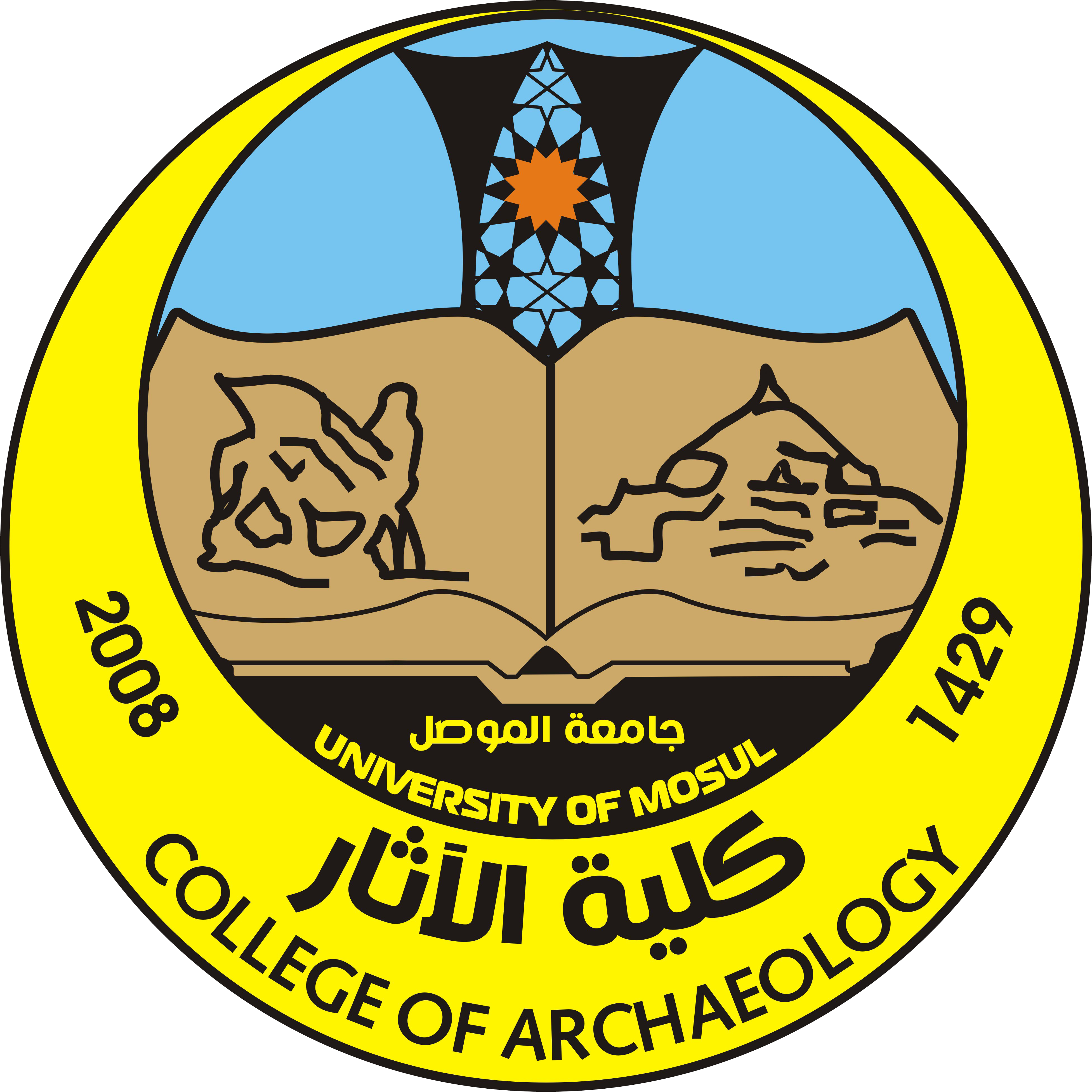Dean Speech
Dean Speech
The civilization of Mesopotamia is one of the oldest civilizations in the history of mankind. The rich cultural heritage of Iraq is qualified to be considered as the cradle of the oldest and most ancient civilizations that arose in its territory and as its bountiful land includes tens of thousands of ancient and Islamic archaeology.
University of Mosul is keen to document and study the archaeology of Iraq and its distinguished cultural heritage in a way that enhances the archaeological and cultural awareness of this country and introduces this rich heritage to the generation. In an effort to create an in-depth knowledge of the origins of this generous civilization and pride in the national identity of our beloved country, the University of Mosul undertook the establishment of the first college of archeology in all Iraqi universities which started in the academic year of (2008-2009). The college is similar to the rest of the international and well-known Arab universities as it used to be as two departments affiliated to the College of Arts.
The first goal of the college is to prepare Iraqi staff specialized in archaeology and Assyriology in all its branches and specializations. The College of Archeology includes three departments:
– Department of Archaeology, with two sub-branches : (Ancient archaeology) and (Islamic Archaeology).
-Department of Iraqi ancient languages.
– Department of Civilization.
Teaching at the college is delivered by a specialized scientific staff holding certificates from Iraqi, Arab and foreign universities. The number of the teaching staff is (80) teachers from various scientific ranks and with various specializations (ancient archaeology, Islamic archaeology, arts and civilization of ancient Iraq, Assyriology, the Akkadian language and its jurisprudence, the Sumerian language, cuneiform writings, Arabic calligraphy and Islamic coins, conservation and restoration of antiquities, the civilization of the ancient Near East, the Hebrew language and the Aramaic language).
The College of Archeology at the University of Mosul grants bachelor’s, master’s and doctoral degrees in an effort to provide government institutions in Iraq with scientific staff specialized in archeology and qualified to work in excavation bodies, antiquities inspectors, and cultural museums spread across most of Iraq’s governorates, as well as tourism, educational institutions, and the media.
The College of Archaeology accepts graduates of high school in its branches (biological, applied, literary, and arts) of both genders according to the regulations set by the Ministry of Higher Education and Scientific Research.
The College of Archeology has worked to establish a private library for the college which is considered one of the most important facilities that support the work of the scientific departments in the college with the services it provides to researchers for both professors and students. Modern local, Arabic and international sources, references, periodicals and publications which made the library as one of the most important and best archaeological libraries in Iraqi universities. In addition, it has an electronic archive that includes more than (30) thousand books and articles.
The College of Archaeology at the University of Mosul seeks to develop its performance and work. One of the means is to involve its teaching staff and students in scientific courses, workshops and field studies in cooperation with the General Authority for Antiquities and Heritage, as well as with the Iraqi Institute for the conservation and Restoration of Antiquities, and the conclusion of scientific agreements and twinning programs with international universities to develop its scientific staff in order to keep the college with the scientific developments that witnessed by archeology in the world.
The role of the College of Archaeology was not limited to the theoretical aspect and work within the framework of the academic institution only, it also sought to revitalize its role in community service through the participation of the General Authority for Antiquities and Heritage in several excavations. The first of it was in (1968) in the Nineveh Wall and the Gate of Adad, as well as in Tell Sherekhan (city Assyrian Tarbisu), as well as the excavations that carried out near the Bashtabya Castle, as well as participating in the rescue excavation campaigns at the site of Tal Halawa in the Hamrin Dam project in Diyala and Tal Abu Zahir and Salal in the Mosul Dam basin, and its latest excavations in the northeastern section of Tell Quenjik in the ancient city of Nineveh ( 2012-2013) which is a field site for training students of the College of Archaeology on excavation and excavation work by using the latest scientific means in the detection of antiquities.
The goal of the college of Archaeology remains to strengthen its scientific role and develop it to serve the community and to raise the status of the University of Mosul and make it among the distinguished international universities in service of our dear country.
The Dean

